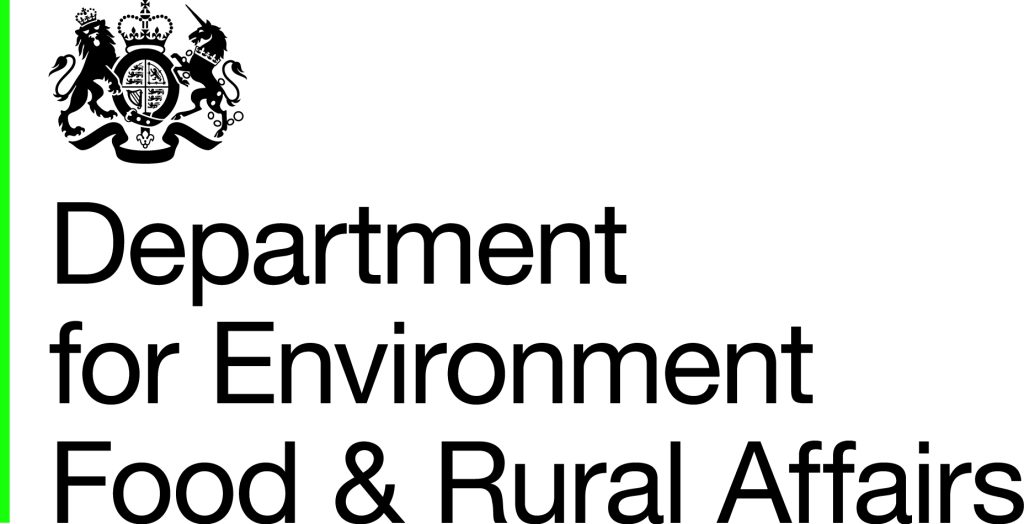Written by David Kennedy, Director General for Food, Farming and Biosecurity at Defra
Many readers will have contributed to our “Health and Harmony” consultation on future farming policy in the spring of 2018, when we travelled across the country to gather views from all farmers – receiving over 43,000 responses.
Now we are once again seeking views from farmers and land managers as we design our new Environmental Land Management Scheme (ELM). This scheme will see farmers paid for work that enhances the environment, such as tree or hedge planting, river management to mitigate flooding, or creating or restoring habitats for wildlife.
As readers will know, we are moving away from simply paying for the total amount of land farmed, and ELM will be the cornerstone of our vision for an agricultural policy that pays “public money for public goods” that benefit society.
Now that this government has secured the parliamentary majority needed to proceed with the Agriculture Bill, which we launched on 16 January, we expect our new domestic legislation will become law by the summer, meaning that the agricultural transition period can start in 2021, which is when we also plan to start the ELM national pilot.
Before then, there are a number of opportunities for you to have your say in shaping this agricultural transformation.
Tests and trials
First of all, I would like to thank any readers who may be taking part in one of our ELM ‘tests and trials’ or have expressed interest in involvement.
Through these, we are testing various approaches to understand if and how they could be used as part of the new ELM scheme. These include the content and scope of land management plans, the role of advice and guidance, how to encourage farmers and landowners to work together in the schemes, and what payment methodologies could work best to deliver results and value for money.
The tests and trials we have contracted so far are helping us to test particular elements of the new scheme before putting these into practice.
The national pilot, which will begin in late 2021, will be when we start to work out how these building blocks piece together. Ahead of that, we want to do a wider call for information to harness farmers’ experiences and to learn from those, to ensure we do not repeat the mistakes of previous schemes.
A three-tiered scheme
On Tuesday 25 February we published the ELM discussion document on Citizen Space, which sets out our ambition for a scheme in which anyone from any farm or land type might participate at the right level. This stems from our early thinking and engagement with stakeholders on how elements of the new scheme might work.
An important design element we are seeking views on is having three tiers to ELM, which will ensure there is something for everyone.
Tier one would focus on encouraging environmentally sustainable farming and forestry, including actions the majority of farmers can take across their farmed and forested land – such as planting wildflower margins, improving the health of their soils, or using cover crops.
Taking into account the diversity of our landscapes in this country, tier two would be designed to support farmers, foresters and other land managers deliver locally-targeted environmental outcomes. This would appeal to those who are interested in taking on targeted environmental challenges and collaborating with others in the local area to achieve benefits on a greater scale, undertaking work such as tree planting, creating habitats for wildlife, or natural flood management.
Tier three would look to deliver transformational land use change, such as large-scale forest and woodland creation, peatland restoration, and the creation of coastal habitats such as wetlands and salt-marsh. Eligibility for this tier is likely to be project-specific, to ensure the land use change is delivered with the right natural capital assets and at the right scale.
Have your say
We have a 10-week window from 25 February to 5 May for contributions to the ELM discussion document. There will be regional events happening over this time which will be advertised on the Farming Forum and on Defra’s Facebook page, but if you can’t make it to an event, anyone can contribute to the discussion on Citizen Space, where the document is hosted. Search “Environmental land management: policy discussion” to find it.
We value your experience, whether that is from EU-administered schemes including Countryside Stewardship and Environmental Stewardship, or from other local work done with your Facilitation Fund group. Wildlife and nature groups may have valuable insights we need to capture to ensure the scheme delivers effectively for local environments, ensuring value for money for the taxpayer.
Most of all, we need this to be a scheme that works for farmers, the people who are managing the land in this country to produce food and protect nature. ELM is a golden opportunity to reset farming policy in England, and I hope all farmers can seize this moment to help us shape the future of farming for this country.



